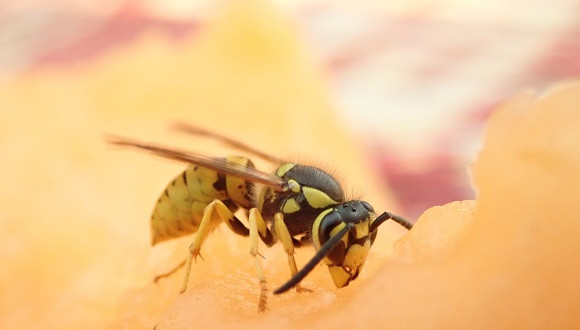Ecology and Environmental Protection (in English)
The mission of the Ecology and Environmental Protection track is to promote sound scientific research, from the molecular to the macro-ecological levels, to support the protection and preservation of the environment for current and future generations. Our graduates advance the science needed to sustain biodiversity, improve resilience in face of global change, and re-establish healthy ecological systems.
About the Program
Ecology is the research of interactions among different organisms and between organisms and their environment. Ecology and Environmental Protection is a rapidly developing multi-disciplinary field, urgently needed for curtailing the ongoing destruction of ecological systems. This discipline aims at understanding the systems that support life on earth, and provide services - economic, agricultural, health, environmental and social - to human society. In order to protect ecological systems in an age of global change, we have to understand the ecology and evolution of living beings, from the gene level to the level of the ecosystem.
At the scientific level, the study of ecology and environmental protection is one of the most complex and challenging fields. Our program emphasizes interdisciplinary training and collaborative research using cutting-edge technologies. The students will be exposed to a diverse set of research tools from the fields of ecology, conservation, marine biology, environmental physiology, neurobiology, animal behavior, phylogenesis, and evolution. We encompass all levels in the biological hierarchy: genes, cells, organisms, populations, communities and ecosystems.
The Ecology and Environmental Protection track offers the opportunity for students to work both in the laboratory and in the field. Thus, our research extends beyond the lab to a range of habitat including deserts, forests, mountains, freshwater systems and coral reefs. Research within the track also takes place in the Zoological Research Gardens, the Botanical Gardens and the Steinhardt Museum of Natural History, where rare animal and plant collections enable unique research opportunities.
The Ecology and Environmental Protection Track is designed to educate and train students for independent careers in research, as well as in nature and environmental conservation organizations, in government ministries, and in industry.
Why Ecology and Environmental Protection?
Students in the Ecology and Environmental Protection Track use a wide range of research methods from different disciplines, which all aim to understand the biological processes that build diversity. Thus, students will receive training in variety of methods, including field techniques, molecular biology, genetics, biogeography, landscape ecology, behavior, physiology, and marine biology. Students will also gain a strong foundation in advanced statistics, data science, and computer programming.
Program Chair
If you are fascinated with nature and ecology, the Ecology and Environmental Protection Track is your natural choice.
Personally, I am extremely fortunate to be in a position where I can merge my work with my passion. As a scientist I strive to be at the cutting edge of research employing novel tools to answer pressing ecological questions. My research is centered around understating how marine fish communities respond to multiple stressors including overfishing, pollution, habitat loss and displacement by non-native species. To address these questions, I employ field sampling, conduct lab experiments, and gather large-scale macro-ecological data. I then use various types of algorithms and statistical models to understand the underlying processes.
This type of work is typical for many graduate students in the Ecology and Environmental Protection Track and attests to the broad and diverse skills needed conduct cotemporary ecological research. However, being out in the field also allows me to appreciate moments of true inspiration: seeing a new species, observing a new behavior or documenting a novel natural interaction. This is an experience few other jobs can rival. I find that graduates of the track easily find excellent jobs in a variety of fields tightly connected to nature conservation. A large percentage of our graduates also continue on to PhD degrees.
|
The curriculum consists of 30 hours in addition to practical research in the lab.
Curriculum


